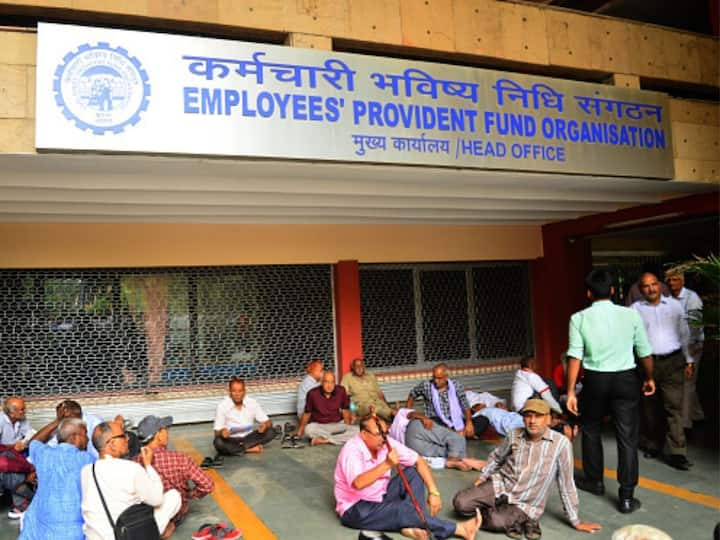In a recent development, the government has reconstituted the Employees’ Provident Fund Organisation (EPFO) Board, raising eyebrows as it excludes representation from major trade unions, such as AITUC (All India Trade Union Congress) and INTUC (Indian National Trade Union Congress).
This move has sparked concerns and debates within the labor community, as the EPFO Board plays a crucial role in managing the retirement savings of millions of employees across the country. The absence of representatives from AITUC and INTUC is particularly noteworthy, given the historical significance of these unions in championing workers’ rights.

Source:- BBC News
AITUC, affiliated with the Communist Party of India, has a long-standing legacy in advocating for workers’ welfare and has traditionally held a prominent position in discussions related to labor policies. Similarly, INTUC, affiliated with the Indian National Congress, has played a pivotal role in shaping the country’s labor landscape.
Source:- india today
The exclusion of these unions from the EPFO Board raises questions about the inclusivity of decision-making processes and whether the interests of all stakeholders, especially workers, are adequately represented. Critics argue that a diverse representation on the board is essential to ensure a comprehensive understanding of the challenges faced by the labor force and to formulate policies that address these issues effectively.
On the other hand, supporters of the government’s decision may argue that the reconstitution aims to streamline decision-making processes, enhance efficiency, or address specific concerns within the EPFO. However, the lack of transparency regarding the selection criteria for board members and the absence of key union voices could undermine the perceived fairness of the reconstitution.
As the EPFO manages substantial funds and influences retirement benefits for a significant portion of the workforce, it is crucial that the decision-making body reflects the diverse perspectives and concerns of the labor community. The government may need to engage in open dialogue with trade unions to address the apprehensions and ensure that the reconstituted board remains committed to safeguarding the interests of the working class.
The reconstitution of the EPFO Board without representation from major trade unions like AITUC and INTUC has raised concerns about the inclusivity of decision-making processes and the potential impact on workers’ rights. The government’s rationale behind this move and its implications on labor policies will likely be subjects of ongoing scrutiny and debate within the public sphere.
Share your views in the comments

